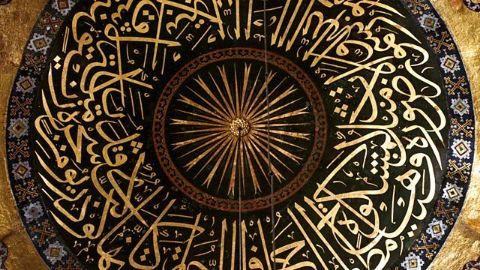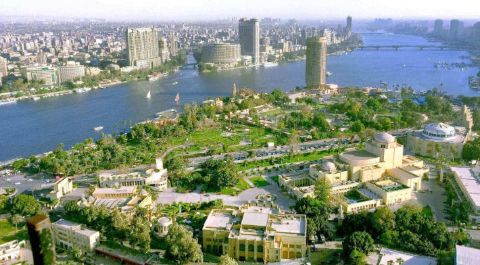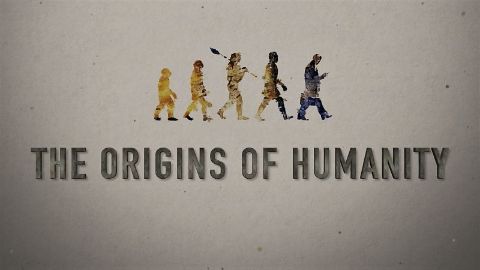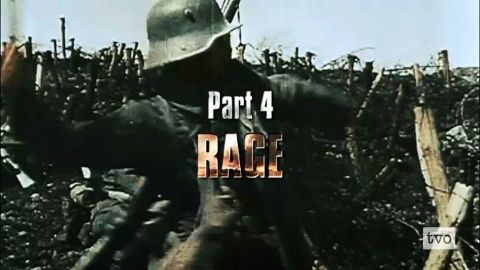Race for the World's First Atomic Bomb • 2015
The personalities behind the creation of the world's first atomic bomb were as extraordinary, and often as explosive, as the science they were working in. This is the inside-the-barbed-wire story of the men and women who worked on the Manhattan Project at Los Alamos. Through first-hand accounts and never-before-seen interviews, this documentary looks inside the atomic insiders' hearts and minds, their triumphs and failures, their bravery in the face of paralyzing fear and, ultimately, their war-winning and world-changing accomplishments.
Make a donation
Buy a brother a hot coffee? Or a cold beer?
Hope you're finding these documentaries fascinating and eye-opening. It's just me, working hard behind the scenes to bring you this enriching content.
Running and maintaining a website like this takes time and resources. That's why I'm reaching out to you. If you appreciate what I do and would like to support my efforts, would you consider "buying me a coffee"?
Donation addresses
BTC: bc1q8ldskxh4x9qnddhcrgcun8rtvddeldm2a07r2v
ETH: 0x5CCAAA1afc5c5D814129d99277dDb5A979672116
With your donation through , you can show your appreciation and help me keep this project going. Every contribution, no matter how small, makes a significant impact. It goes directly towards covering server costs.





